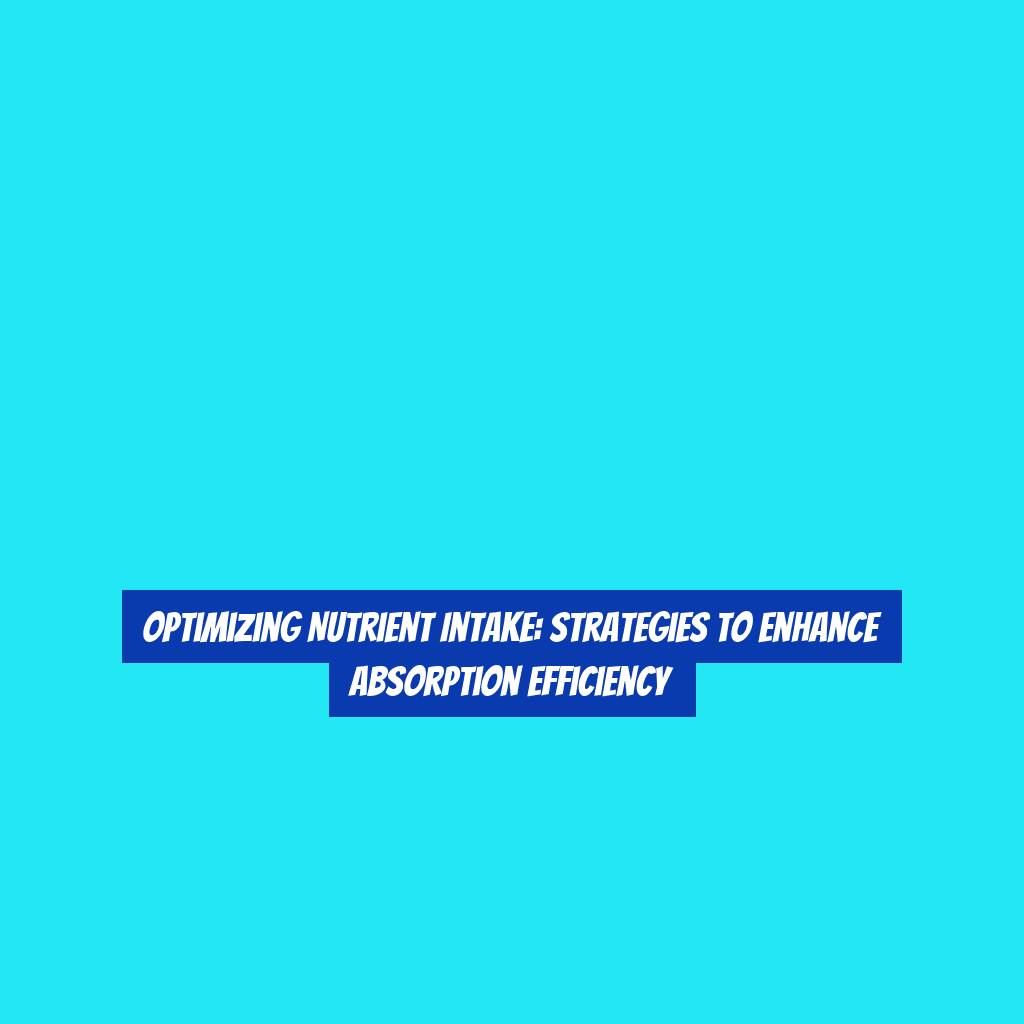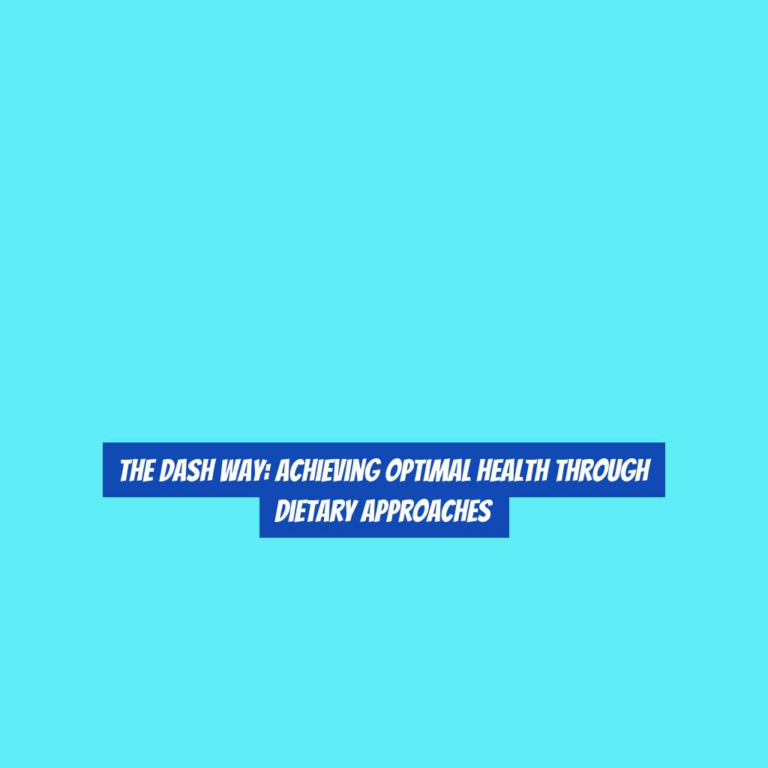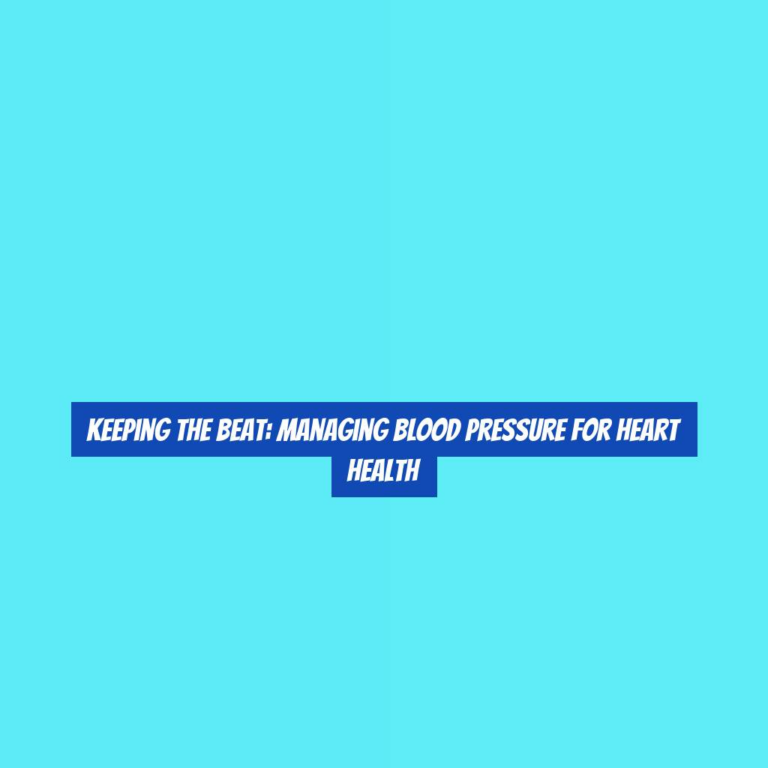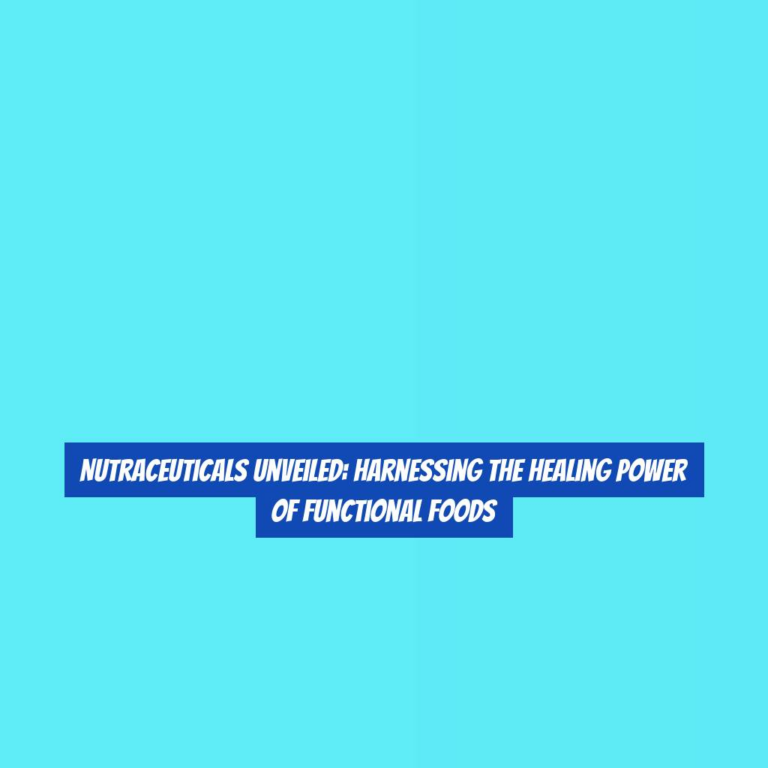Optimizing Nutrient Intake: Strategies to Enhance Absorption Efficiency
When it comes to optimizing your nutrient intake, there are various strategies that can help enhance the efficiency of absorption. You might not be aware of the subtle ways in which your body can better utilize the nutrients you consume.
By understanding how different nutrients interact, making mindful choices about food combinations, and incorporating certain cooking techniques, you can significantly improve the absorption of essential vitamins and minerals.
But thatG??s just the beginning – there are additional strategies that can make a real difference in how your body processes and benefits from the nutrients you consume.
Understanding Nutrient Interactions
Understanding how different nutrients interact with each other in your body is crucial for optimizing your overall nutrient intake. When you consume foods, various nutrients work together to ensure proper absorption and utilization.
For example, vitamin C enhances the absorption of non-heme iron from plant-based sources, so including foods rich in vitamin C, like citrus fruits or bell peppers, can help your body make the most of the iron in your meals. Similarly, pairing foods high in vitamin D with sources of calcium can improve calcium absorption, benefiting bone health.
On the other hand, some nutrient interactions can hinder absorption. Consuming high amounts of zinc can interfere with copper absorption, so itG??s important to strike a balance between these two minerals.
Additionally, understanding how certain nutrients enhance or inhibit each otherG??s absorption can help you make informed decisions about your diet and ensure that youG??re getting the most out of the foods you eat. By being mindful of these interactions, you can optimize your nutrient intake and support your overall health and well-being.
Choosing Nutrient-Rich Food Combinations
To optimize your nutrient intake, focus on choosing food combinations that are rich in essential vitamins and minerals to support your overall health and well-being.
Pairing foods that complement each otherG??s nutrient profiles can enhance the absorption of key nutrients and provide a wider range of essential compounds for your body. For instance, combining vitamin C-rich foods like bell peppers or oranges with iron-rich foods such as spinach or lentils can improve the absorption of iron.
Similarly, consuming sources of vitamin D, like fatty fish or fortified dairy products, alongside calcium-rich foods such as kale or almonds can support bone health and calcium absorption.
Additionally, incorporating healthy fats like avocado or nuts into meals can aid in the absorption of fat-soluble vitamins like A, D, E, and K.
Incorporating Digestive Support
Consider incorporating digestive support by including probiotic-rich foods such as yogurt or kefir in your diet. Probiotics are beneficial bacteria that aid in the digestion and absorption of nutrients. They can help maintain a healthy balance of gut bacteria, which is essential for efficient nutrient absorption.
Additionally, consuming foods that are rich in digestive enzymes, such as pineapple and papaya, can also support your bodyG??s ability to break down and absorb nutrients from the foods you eat.
Incorporating fermented foods like sauerkraut, kimchi, and miso into your meals can further enhance your digestive health. These foods contain probiotics and enzymes that can help improve the overall efficiency of your digestive system.
Furthermore, consider adding high-fiber foods like flaxseeds, chia seeds, and oats to your diet, as fiber supports a healthy digestive tract and can aid in nutrient absorption.
In addition to dietary adjustments, you may also want to consider taking digestive enzyme supplements, especially if you have any digestive issues or deficiencies that may affect your nutrient absorption. Discussing these options with a healthcare professional can help you determine the best approach for optimizing your digestive support and nutrient absorption.
Enhancing Absorption With Cooking Techniques
You can enhance the absorption of nutrients from your food by utilizing specific cooking techniques that preserve the integrity of essential vitamins and minerals. Cooking methods can impact the nutrient content of food, and by employing the right techniques, you can optimize the bioavailability of key nutrients.
Here are some cooking techniques that can enhance the absorption of nutrients:
-
Steaming: This gentle cooking method helps to retain water-soluble vitamins such as vitamin C and B vitamins, which can be easily lost through other cooking processes.
-
Saut+?ing: Using a minimal amount of healthy cooking oil for saut+?ing can aid in the absorption of fat-soluble vitamins like vitamin A, D, E, and K.
-
Blanching: Briefly immersing vegetables in boiling water and then rapidly cooling them helps to preserve the nutrients, making them more accessible for absorption.
-
Grilling and Roasting: These methods can help to enhance the flavor of food without requiring added fats, which can be beneficial for maintaining the integrity of certain nutrients.
Optimizing Nutrient Timing
Enhancing the absorption of nutrients through cooking techniques is essential, and now weG??ll explore the importance of optimizing nutrient timing in your diet.
The timing of nutrient intake can significantly impact how effectively your body absorbs and utilizes nutrients. For example, consuming carbohydrates before a workout can provide a quick source of energy, while consuming protein after a workout can aid in muscle recovery and growth. Additionally, spreading out your protein intake throughout the day can optimize muscle protein synthesis.
ItG??s also important to consider nutrient timing in relation to meals. Eating a balanced meal that includes carbohydrates, protein, and healthy fats within 30 minutes to two hours after exercise can help replenish glycogen stores and support muscle recovery. Furthermore, consuming a mix of protein and carbohydrates before bedtime can enhance overnight muscle protein synthesis.
Incorporating nutrient timing into your diet can help maximize the benefits of the nutrients you consume. By being mindful of when you eat certain nutrients, you can optimize your bodyG??s ability to absorb and utilize them efficiently.
Conclusion
In conclusion, there are several strategies you can implement to optimize your nutrient intake and enhance absorption efficiency.
First, by understanding nutrient interactions, you can make informed choices about which foods to combine to maximize nutrient absorption.
Second, choosing nutrient-rich food combinations is crucial. By selecting foods that are high in different nutrients, you can ensure that your body is getting a wide range of essential vitamins and minerals.
Third, incorporating digestive support can aid in the breakdown and absorption of nutrients. This can be done by consuming foods that are high in fiber, probiotics, and digestive enzymes.
Fourth, enhancing absorption with cooking techniques can make certain nutrients more available for absorption. For example, cooking vegetables can break down cell walls and make the nutrients more easily absorbed by the body.
Finally, paying attention to nutrient timing can further improve your overall nutrient absorption. This means consuming certain nutrients at specific times to maximize their absorption and utilization by the body.
By implementing these strategies, you can ensure that your body is receiving the maximum benefit from the nutrients you consume.





